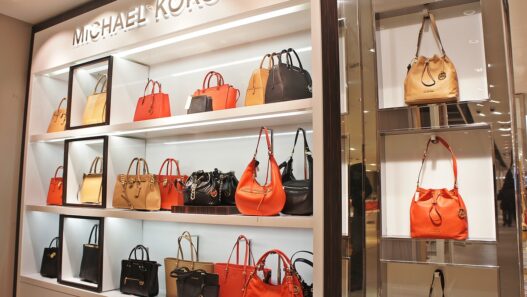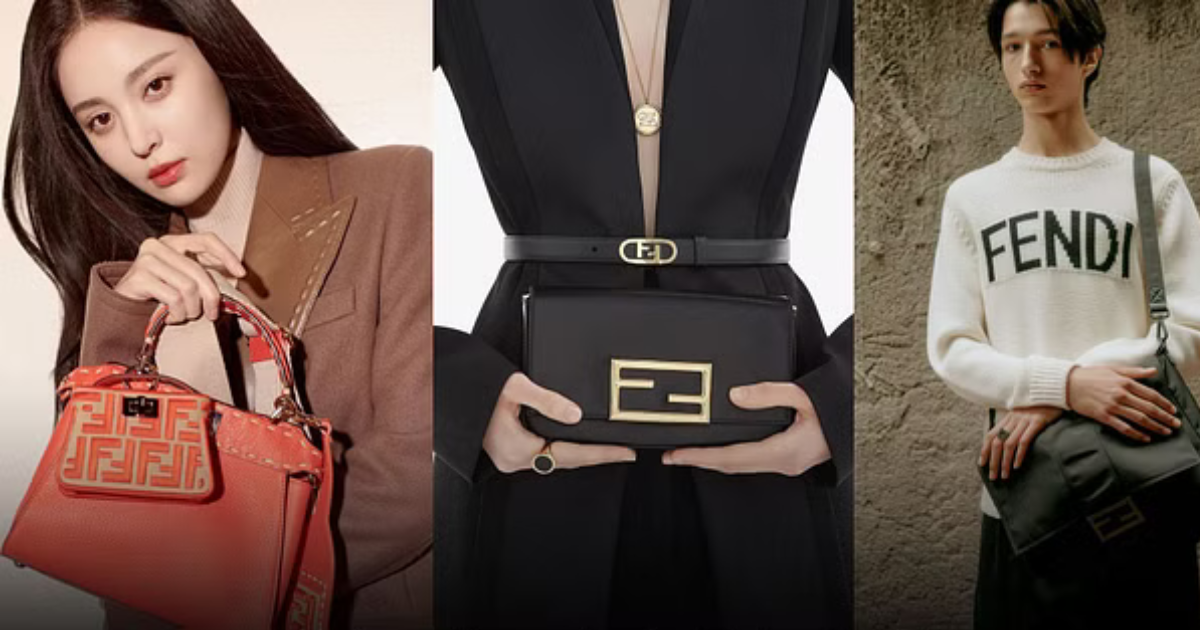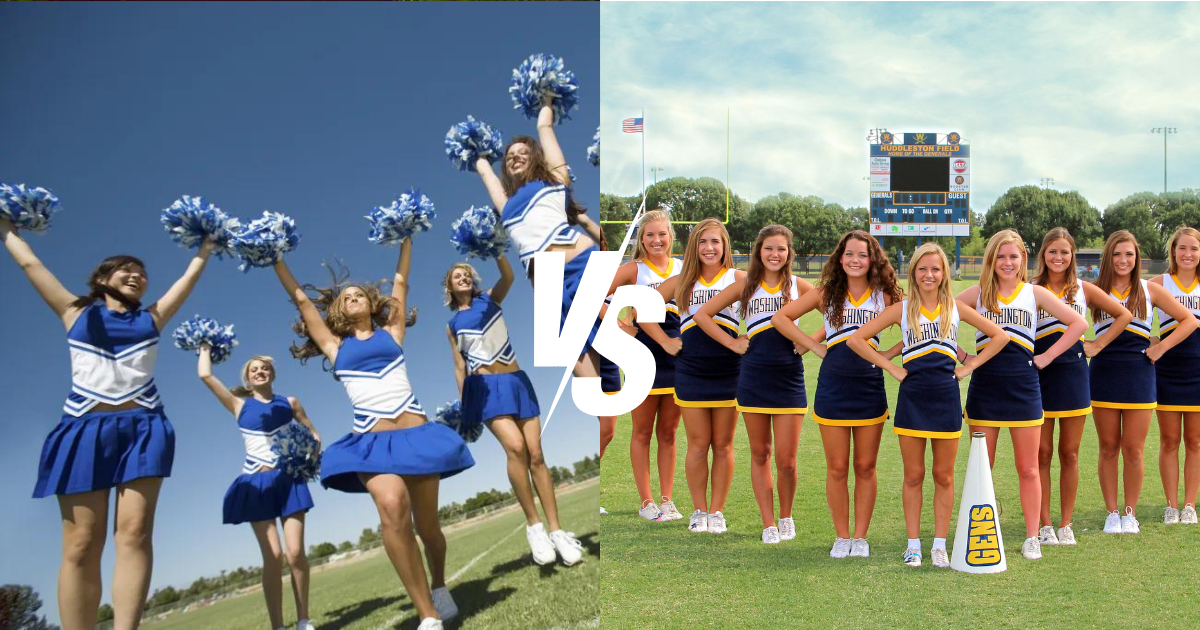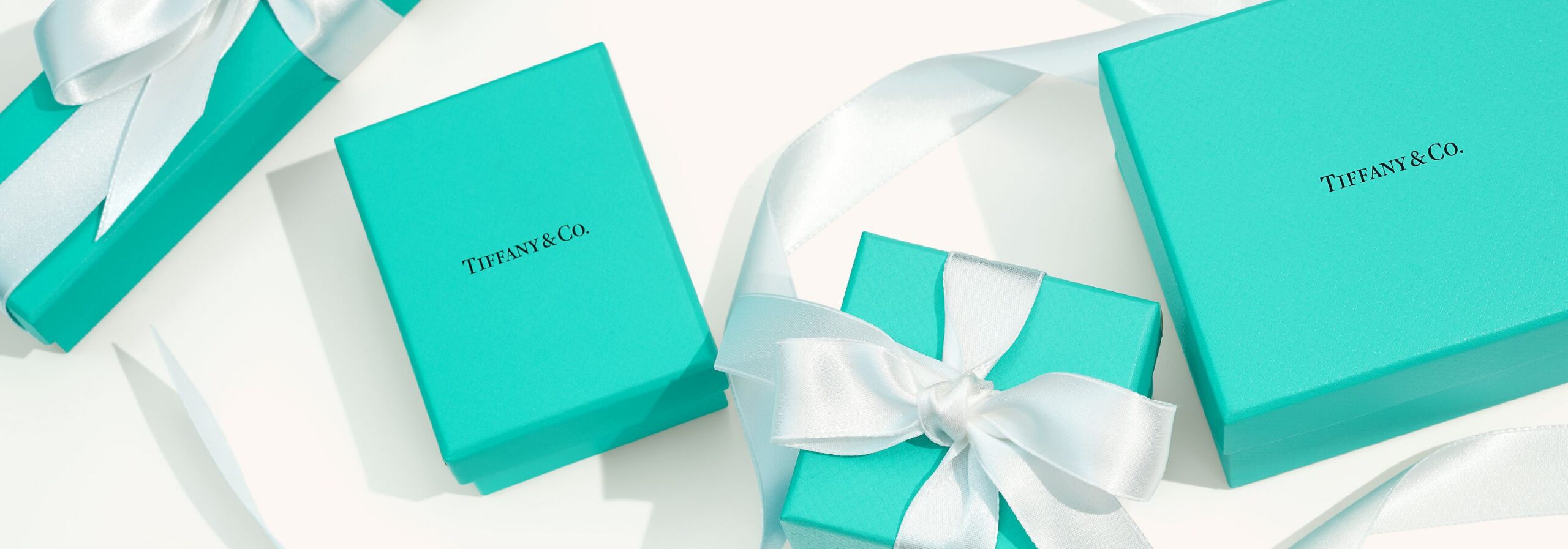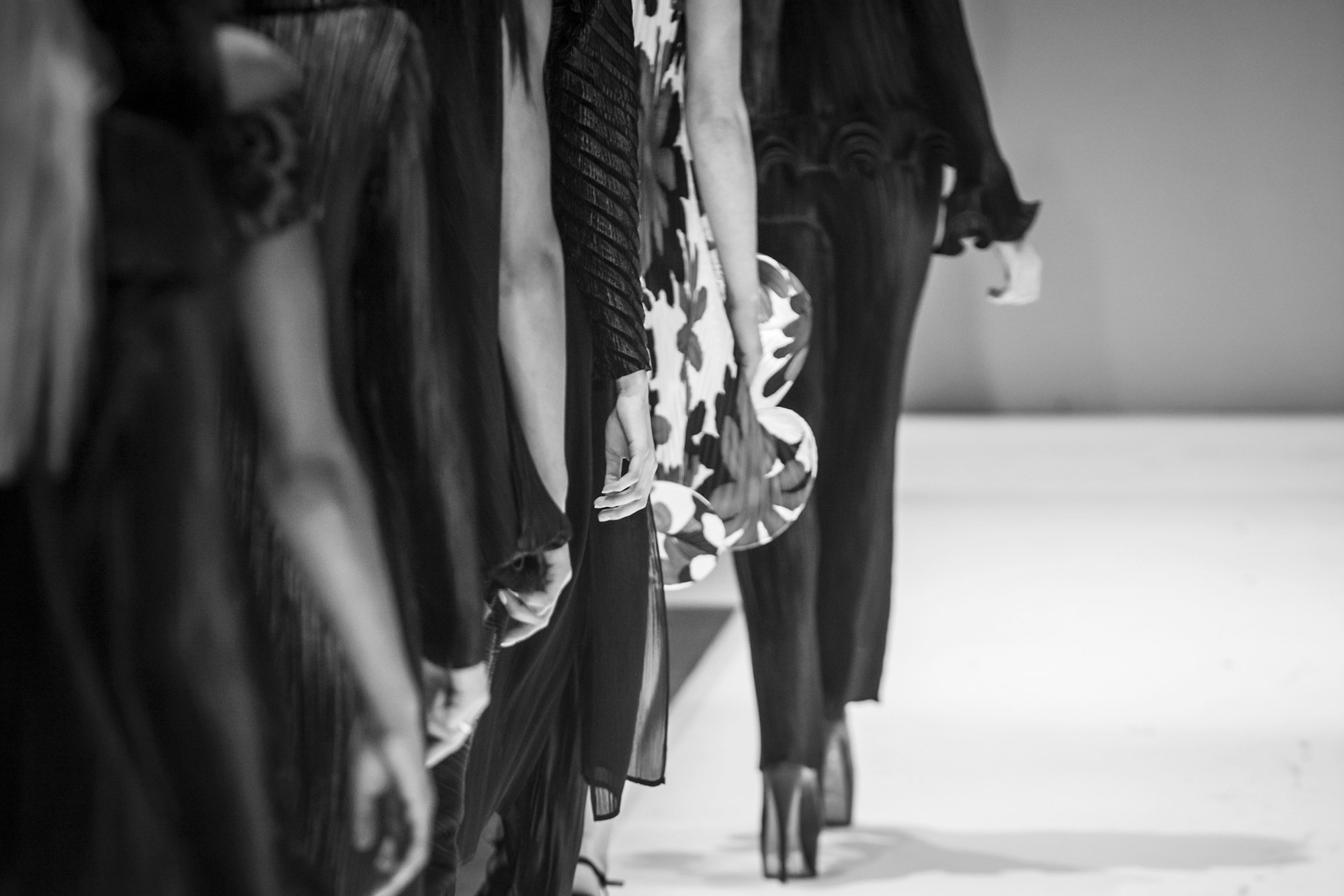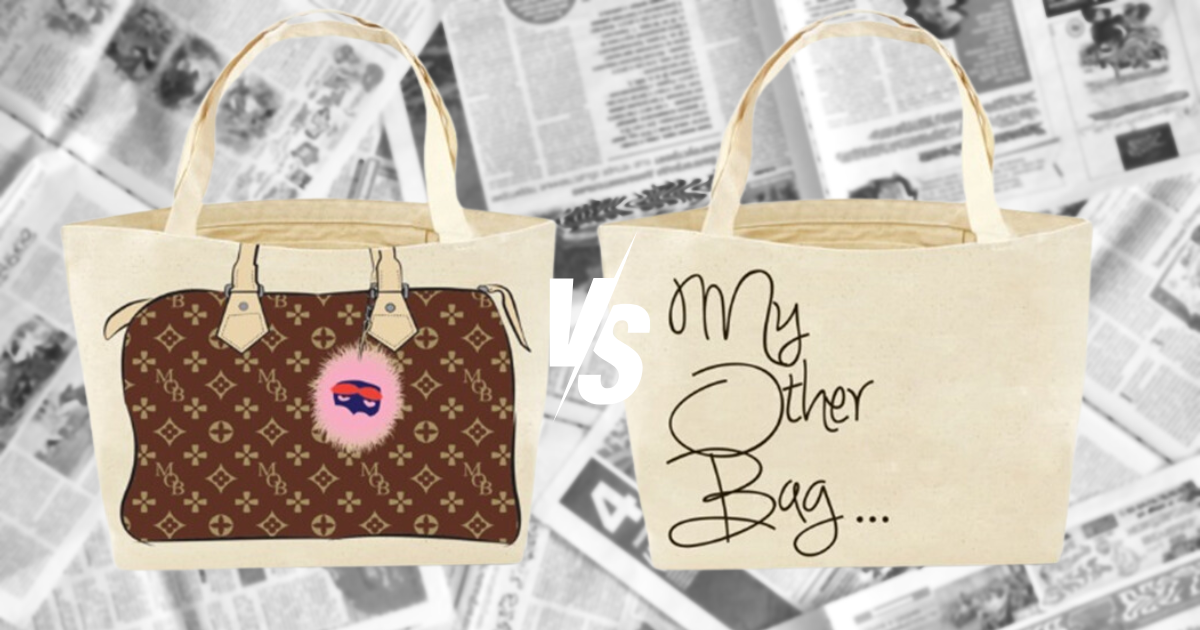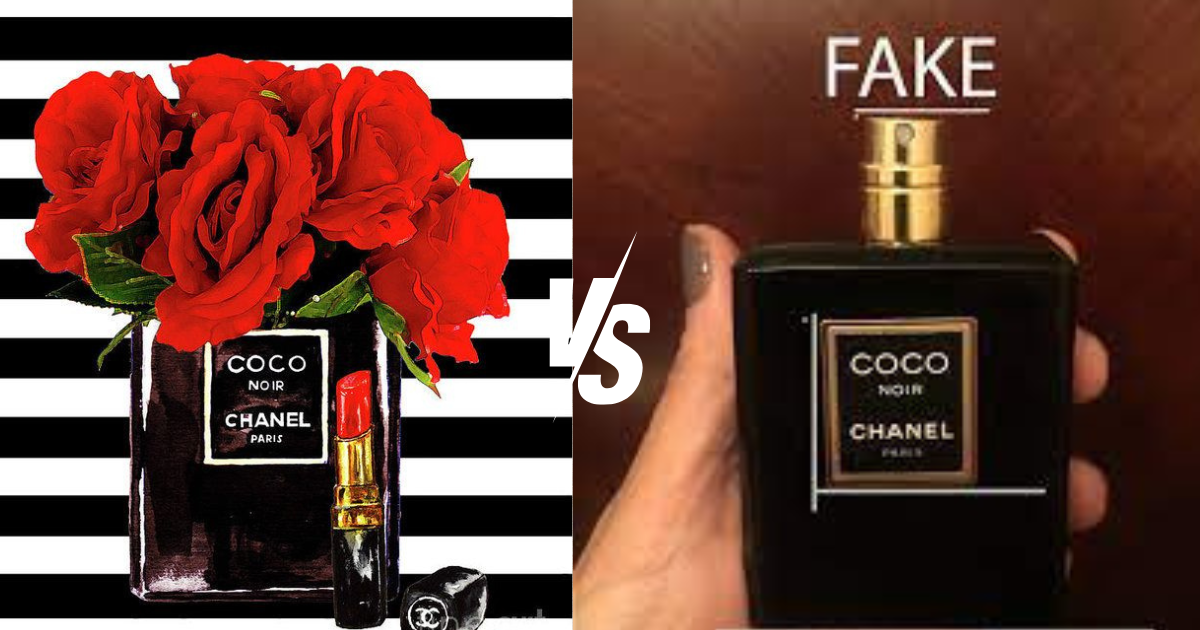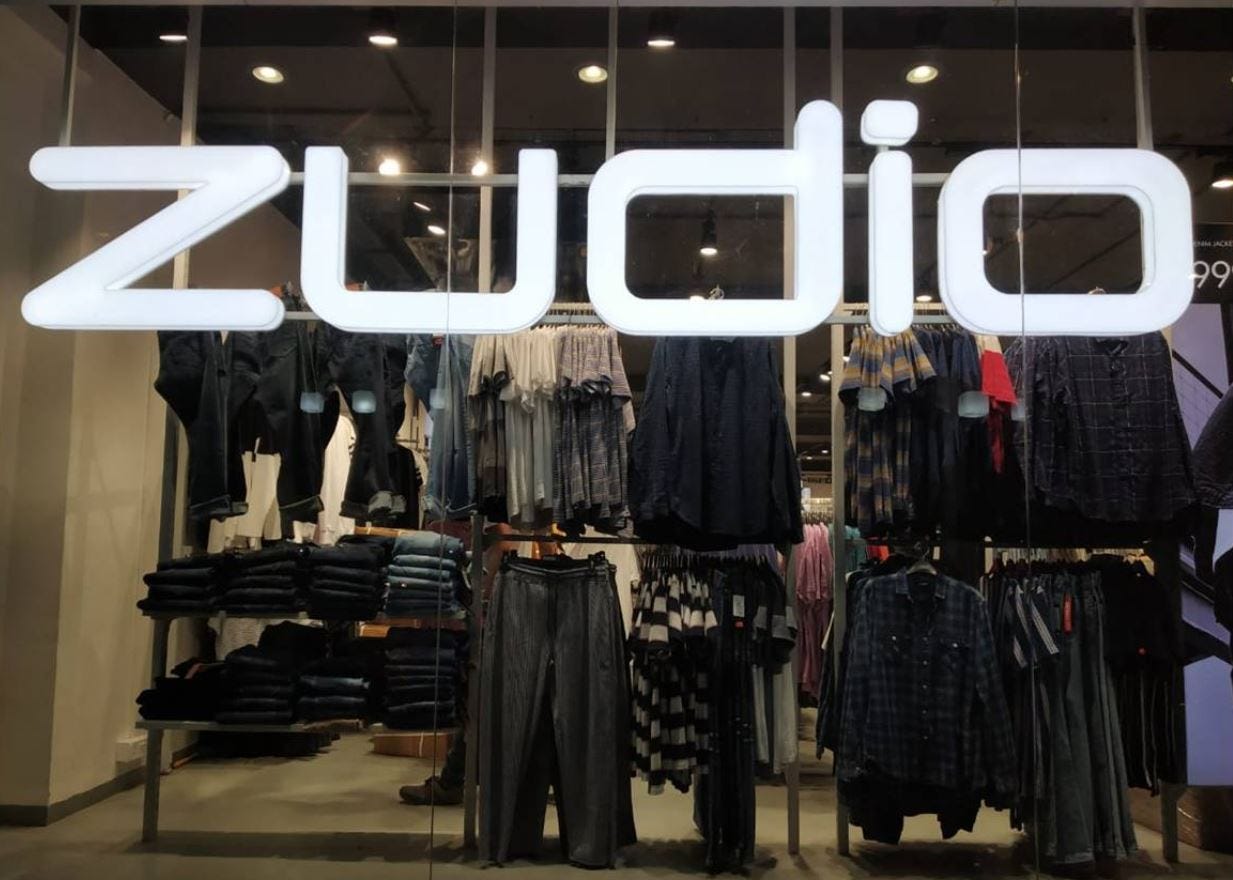Case Overview: In 2014, Harley Davidson filed a lawsuit against Urban Outfitters in the state of Wisconsin, USA, for a trademark violation. Harley Davidson alleged that Urban Outfitters had copied its trademark design without its permission.
Background of the Parties: Harley Davidson, established in 1903, is a famous motorcycle manufacturer with a high luxury status in the market. Alongside motorcycles and vehicle parts, it sells jackets, clothes, and other wearable merchandise printed with its well-known brand logo. It also markets once-in-a-lifetime experiences and adventures as a part of its brand membership, promoting a sense of exclusivity for the brand, and building a community of passionate customers. Harley Davidson is headquartered in Milwaukee, Wisconsin.
Urban Outfitters is a global commercial retailer and manufacturer of fast fashion and trendy clothes, self-defined as a ‘lifestyle retailer’, with its headquarters in Philadelphia, Pennsylvania. The brand emphasises creativity and unique designs along with cultural understanding. Urban Outfitters sells clothes, shoes, accessories and merchandise for men, women, and children, with a diverse range of designs – from bohemian bodices to denim dresses and sleek swimsuits. It has over 200 outlet stores worldwide, as of 2023.
Facts: Harley Davidson filed a trademark infringement, trademark dilution, false advertising, and unfair competition lawsuit in the form of a civil action against Urban Outfitters under the Lanham Act 2015 U.S.C and under the state of Wisconsin’s common and statutory law. The action was filed on the 18th of March 2014 in the U.S. District Court, Eastern District of Wisconsin under the Milwaukee Division.
Harley Davidson sought an equitable remedy in the form of monetary relief from Urban Outfitters due to the violations of its following trademarks: The Harley Davidson Marks and the Harley Davidson Bar and Shield Logo.
Wrongful Act: Despite previously being served notice in the form of a cease-and-desist letter of this by Harley Davidson, Urban Outfitters is alleged to have continued the sale of the products that displayed the aforementioned trademarked logos. Harley Davidson also alleged that Urban Outfitters had altered, reconstructed, and recreated such products under its ‘Urban Renewal’ brand by cutting and shredding sleeves and necklines of the clothing apparel. Urban Outfitters had also taken off Harley Davidson’s tags from the apparel and affixed their own as a part of its efforts to market vintage and recycled products.
Trademark Rights: Harley Davidson believed that these undertakings by Urban Outfitters constituted false advertising and unfair competition, diluting its brand value due to not reaching its standards, and thus tarnishing and damaging the brand logo and marks. They also stated that Urban Outfitter’s actions would hurt Harley Davidson’s goodwill in the market as the altered products did not meet Harley Davidson’s standards. Harley Davidson’s trademarked logo and mark were of particular significance due to the brand’s historically established use of them to promote and market their products. The brand had spent millions of dollars over its years of business for this activity while setting a standard of quality with respect to its logos and marks, thus giving it a high brand valuation.
In the previous case of H-D Michigan LLC v. Bryan C. Broehm (2009), Harley Davidson’s aforementioned mark and bar-and-shield logo were expressly held to be trademarked symbols by the Trademark Trial and Appeal Board of the United States Patent and Trademark Office. Further bolstering Harley Davidson’s case, it owned federal and Wisconsin state trademark registrations for both, its name mark, and its bar-and-shield logo, pictured below. This was submitted as evidence of ownership of the mark.
Detailed List of Claims for Relief:
- Trademark Infringement – Under Section 32(1) of the Lanham Act, 15 U.S.C. 1114(1).
- Trademark Infringement, False Designation of Origin, and Unfair Competition – Under Section 43(a) of the Lanham Act, 15 U.S.C. 1125(a)(1)(A).
- Federal Unfair Competition Comprising False and Misleading Statements of Fact – Under Section 43(a) of the Lanham Act, 15 U.S.C. 1125(a)(1)(B).
- Trademark Dilution – Under Section 43(c) of the Lanham Act, 15 U.S.C. 1125(c).
- Trademark Infringement – Under Wisconsin Statute 132 et. seq.
- Unfair Competition and Trade Practices – Under Wisconsin Statute 100.20.
- Common Law Trademark Infringement, Unfair Competition and Misappropriation.
Harley Davidson requested relief with respect to these claims in the form of an injunction to stop Urban Outfitters from selling the altered apparel, demanding the destruction of these products, and claimed any and all profit from the previous selling of these products. They also asked for compensatory and punitive damages, and requested a Jury Trial.
Decision: The parties, Harley Davidson and Urban Outfitters, reached an amicable settlement in less than two months after the original lawsuit filing, that disallowed Urban Outfitters from selling any products or apparel displaying Harley Davidson’s logo or mark. The details of the settlement were not made available to the public.
Conclusion: The case of H-D USA LLC et al v. Urban Outfitters Inc (2014) affirmed Harley Davidson’s ownership and its trademark rights over its famous mark and bar-and-shield logo. The case provides a strong precedent to trademark violation cases, and establishes a basis for repercussions against brands and companies that violate, alter, or tarnish another brand’s federal or state trademark. This case is particularly significant under Intellectual Property Law, as it ensures the maintenance of the status and standards within the fashion industry, enabling consumers’ trust in the quality of a brand, based off its logos and marks. It provides luxury brands with a sense of relief that their identities and apparel will be protected by statute and common law in the United States, both, within state jurisdiction as well as federal law, emphasising the importance of the Lanham Act for fashion companies that would like to provide its consumers with a unique purchasing experience.
Further Developments: Despite this, in 2017, Harley Davidson filed another similar suit against Urban Outfitters for the same reason, this time due to the design of bodysuits and tops that the brand was promoting under its ‘Free People’ logo. This suit also ended with a settlement.
Author: Reva Naidu – The University of Law, London Bloomsbury



